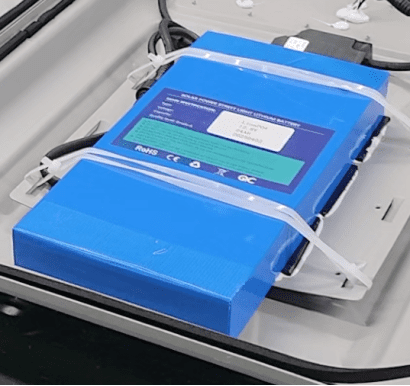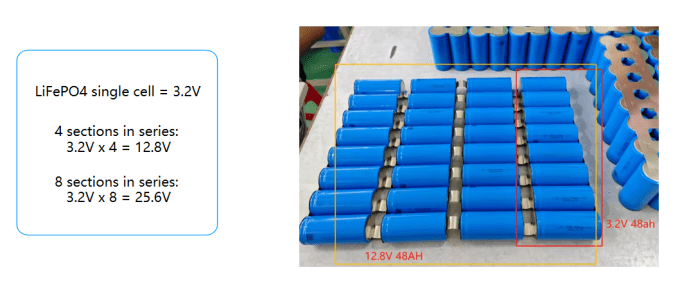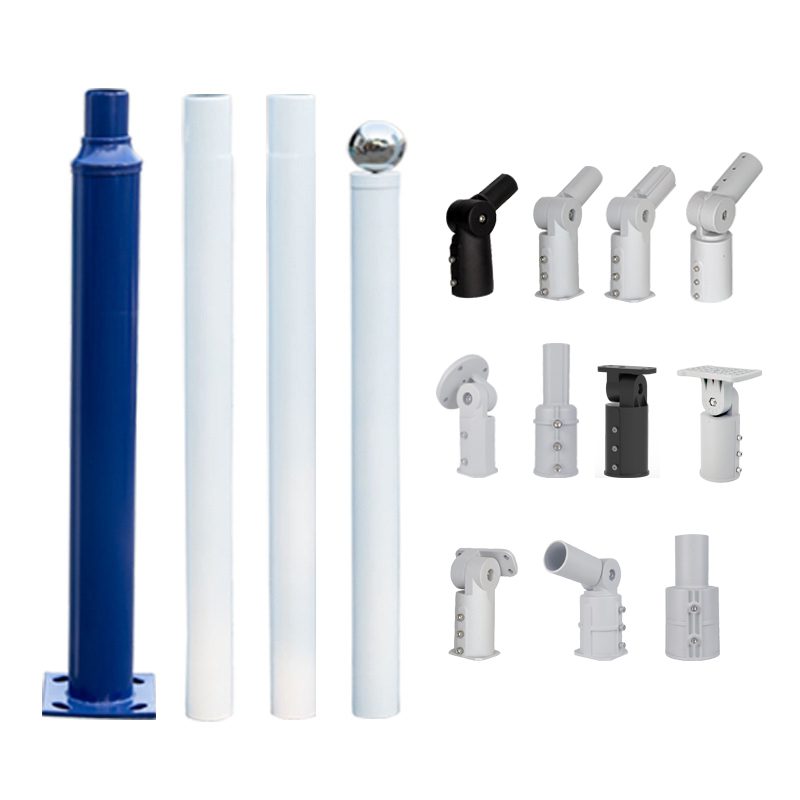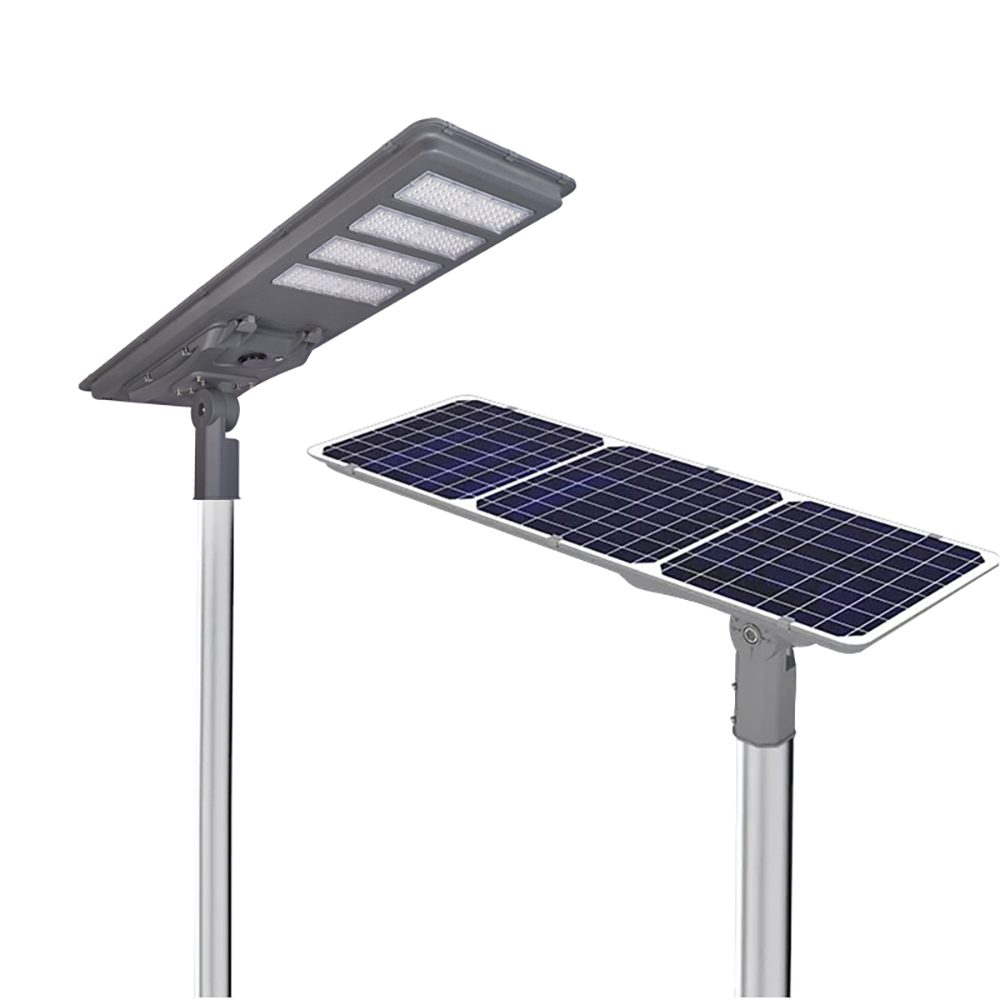With the growing popularity of solar street lights, batteries play a crucial role as a core component that directly affects the performance and lifespan of the lights. There are various types of batteries available on the market, including lead-acid batteries, nickel-metal hydride batteries, and lithium iron phosphate (LiFePO4) batteries. Among these, lithium iron phosphate batteries have gradually become the preferred choice for solar street lights due to their unique advantages.
Comparison of Batteries in the Market
1.Lead-Acid Batteries
Lead-acid batteries are traditional options for solar street lights, known for their low cost and mature technology. However, they have a lower energy density and larger size, with a typical lifespan of 2-5 years and higher maintenance requirements. Additionally, their performance can be unstable in extreme temperatures, leading to issues such as leakage.
2.Nickel-Metal Hydride Batteries
Nickel-metal hydride batteries offer higher energy density and longer cycle life (about 5 years). However, they are relatively more expensive and sensitive to temperature changes, making them prone to damage from overcharging or excessive discharging. Furthermore, they require precise charging controls, adding complexity to management.
3.Lithium Iron Phosphate Batteries
Lithium iron phosphate batteries have emerged in recent years as a strong contender in solar applications, with several advantages:
High Safety: These batteries have excellent thermal and chemical stability, minimizing the risk of fire or explosion.
Long Lifespan: They typically support 2000-5000 charge-discharge cycles, significantly outlasting lead-acid and nickel-metal hydride batteries.
High Energy Density: Despite their moderate size, they offer a high energy density, allowing for more energy storage.
Environmentally Friendly: They contain no harmful heavy metals, comply with environmental regulations, and are recyclable after use.
Applications of Lithium Iron Phosphate Batteries in Solar Street Lights
Installation Considerations
Choose the Right Capacity: Select a lithium iron phosphate battery with an appropriate capacity based on the power requirements of the street light and its usage duration to ensure sufficient illumination during cloudy weather.
Waterproof Design: Ensure that the battery is installed in a waterproof enclosure to prevent rainwater infiltration, which could impair its performance.
Ventilation and Heat Dissipation: While lithium iron phosphate batteries have good thermal stability, they still require proper ventilation in high-temperature environments to avoid overheating.
Avoid Overcharging and Overdischarging: Use appropriate charging controllers to ensure the battery operates within safe charging and discharging limits, thereby extending its lifespan.
Regular Inspections: Although the battery is usually installed inside the lamp body and cannot be cleaned, periodic inspections of the battery connections and enclosure should be conducted to check for damage or corrosion, addressing potential issues promptly.
Maintenance Recommendations
Monitor Battery Levels: Utilize battery monitoring equipment to keep track of the charging status, ensuring the battery remains in good condition.
Use Reasonably: Avoid using the battery in extreme temperatures, keeping it within the recommended operating temperature range.
Professional Maintenance: If performance declines are noticed, seek assistance from professionals for inspection and replacement to ensure the system operates normally.
Lithium iron phosphate batteries, with their safety, longevity, and environmental benefits, have become the preferred choice for many companies in solar street light applications. By making informed selections and paying attention to maintenance, the advantages of lithium iron phosphate batteries can be maximized, ensuring the efficient operation of solar street lights. Choosing lithium iron phosphate batteries not only guarantees product quality but also contributes positively to sustainable development.









